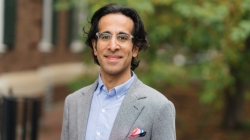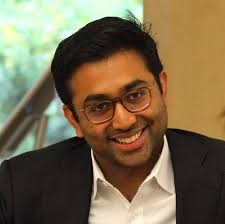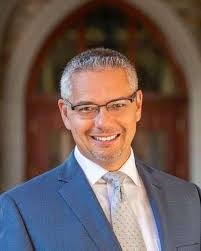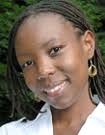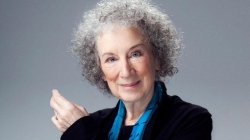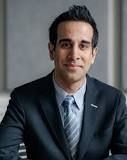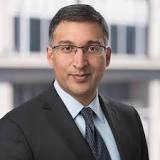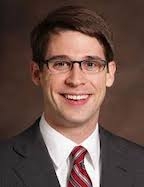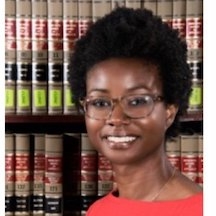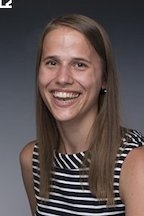2026 Law and Ethics Fellowship Program
20160223-julie-rose-eb-003-1.jpg

Session 1
Welcome and Introductory Discussion with Professor Rose on the relationship between law and ethics, November 17 at 7:00pm.
Session 2
20250217-snow-campus-rg-161.jpg

As part of the annual faculty EI Winter Retreat, fellows attend a wide-ranging dinner discussion with invited scholars on ethical questions in contemporary political life, January 8 at 7:00pm.
Invited Scholars
Rahul Sagar (NYU)
Deva Woodly (Brown)
Rufaida Al Hashmi (University of Reading)
Jeremy Fix (University of Oxford)
Amandine Catala (Université du Québec à Montréal)
john-pellettieri.jpg

Fellows attend a lunch discussion (January 26 at noon) with Attorney John M. Pellettieri '97. John M. Pellettieri is an attorney at Bredhoff and Kaiser. He represents clients in litigation matters at both the trial and appellate levels. John joined the firm from the United States Department of Justice, where he worked in the Appellate Section of the Criminal Division and served on details to the Office of Special Counsel Jack Smith and the United States Attorney's Office for the District of Maryland.
levitov_alex_.png

Session 4
Fellows attend a lunch discussion (February 13 at noon) with Alex Levitov. Alex Levitov is a managing director at K2 Integrity who works with financial institutions, technology firms, and jurisdictional authorities to identify, assess, and mitigate risks associated with money laundering, terrorist financing, bribery and corruption, sanctions evasion, and other forms of illicit financial activity. Discussion topic: Global Counter-Illicit Financial Regulation.
Session 5 and 6
profileimage.img_.jpg

Fellows attend a discussion session (April 23, 2:30-3:30pm) and lecture (April 23, 4:00-5:30pm) with the 2026 Roger S. Aaron lecturer, Juliet Schor. Schor is an economist and sociologist at Boston College whose research focuses on work, consumption, and climate change. Her lecture title is: "The Future of Work and the Four Day Week Movement."
brandon_terry_01.jpg

Session 7 and 8
Fellows attend a discussion (May 21, 2:30-3:30pm) and lecture (May 21, 4:00-5:30pm) with Brandon Terry (Harvard) His lecture title is Shattered Dreams, Infinite Hope: A Tragic Vision of the Civil Rights Movement as part of the EI's New Books in Ethics, Politics, and Society Series. Terry is the John L. Loeb Associate Professor of the Social Sciences at Harvard University and the co-director of the Institute on Policing, Incarceration, and Public Safety at the Hutchins Center for African and African American Research.
As part of the annual faculty EI Summer Retreat, fellows attend a wide-ranging dinner discussion with invited scholars on ethical questions in contemporary political life. August 6 at 7:00pm.
Invited Scholars
Valerie Soon (UC San Diego)
Daniel Fryer (UMichigan Law)
Nazmul Sultan (Yale)
Debra Satz (Stanford)
Temi Ogunye (Princeton)

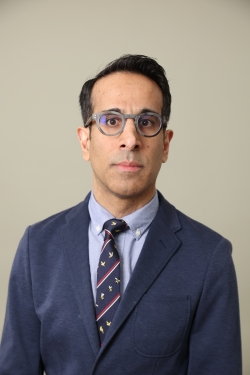
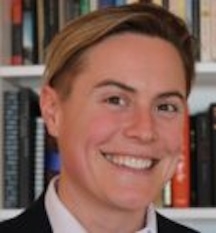
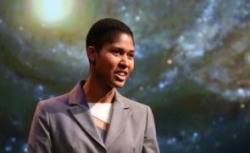
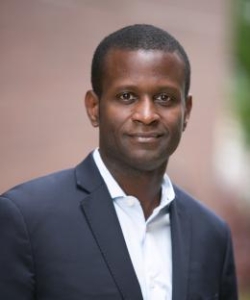
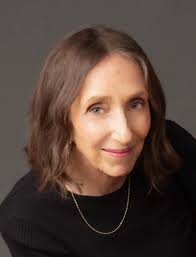
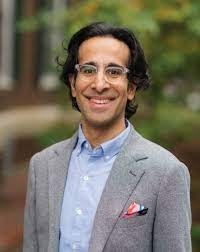
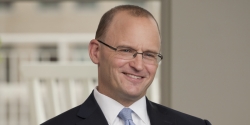
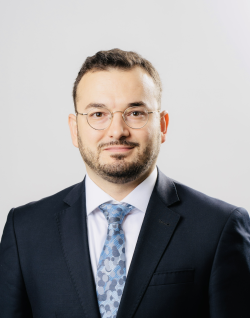
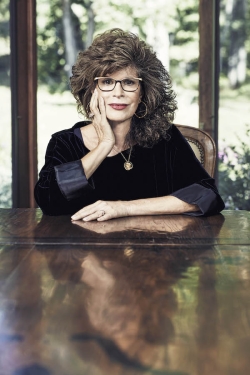
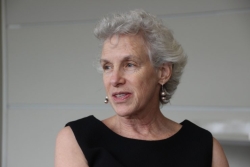
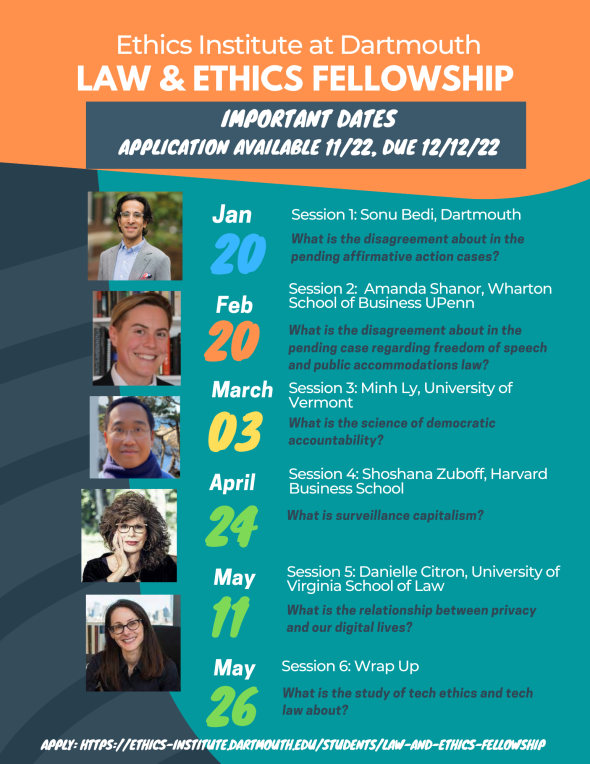
 Session 1: January 21 at 7-8:15 (Zoom)
Session 1: January 21 at 7-8:15 (Zoom)  Session 2: February 11 at 7-8:15 (Zoom) What is the disagreement about in the pending Supreme Court case regarding financial assistance to religious schools? (Carson v. Makin)(
Session 2: February 11 at 7-8:15 (Zoom) What is the disagreement about in the pending Supreme Court case regarding financial assistance to religious schools? (Carson v. Makin)(  Session 3: February 25 at 7-8:15 (Zoom) What is the disagreement about in the pending Supreme Court case regarding damages for emotional distress under civil rights law? (Cummings v. Premier Rehab)
Session 3: February 25 at 7-8:15 (Zoom) What is the disagreement about in the pending Supreme Court case regarding damages for emotional distress under civil rights law? (Cummings v. Premier Rehab)  Session 4: March 3 at 5-6:15 (in-person) What is it like to argue 45 cases before the Supreme Court?
Session 4: March 3 at 5-6:15 (in-person) What is it like to argue 45 cases before the Supreme Court?  Session 5: April 11, fellow meeting 3, lecture 4:30. (in-person) Enlightenment Now: The Case for Reason, Science, Humanism, and Progress,
Session 5: April 11, fellow meeting 3, lecture 4:30. (in-person) Enlightenment Now: The Case for Reason, Science, Humanism, and Progress, 
 Session 7: May 5, fellows meeting 3, lecture 4:30 Technology that Reads Minds: Understanding the Ethical and Legal Implications of Artificial Intelligence,
Session 7: May 5, fellows meeting 3, lecture 4:30 Technology that Reads Minds: Understanding the Ethical and Legal Implications of Artificial Intelligence, 